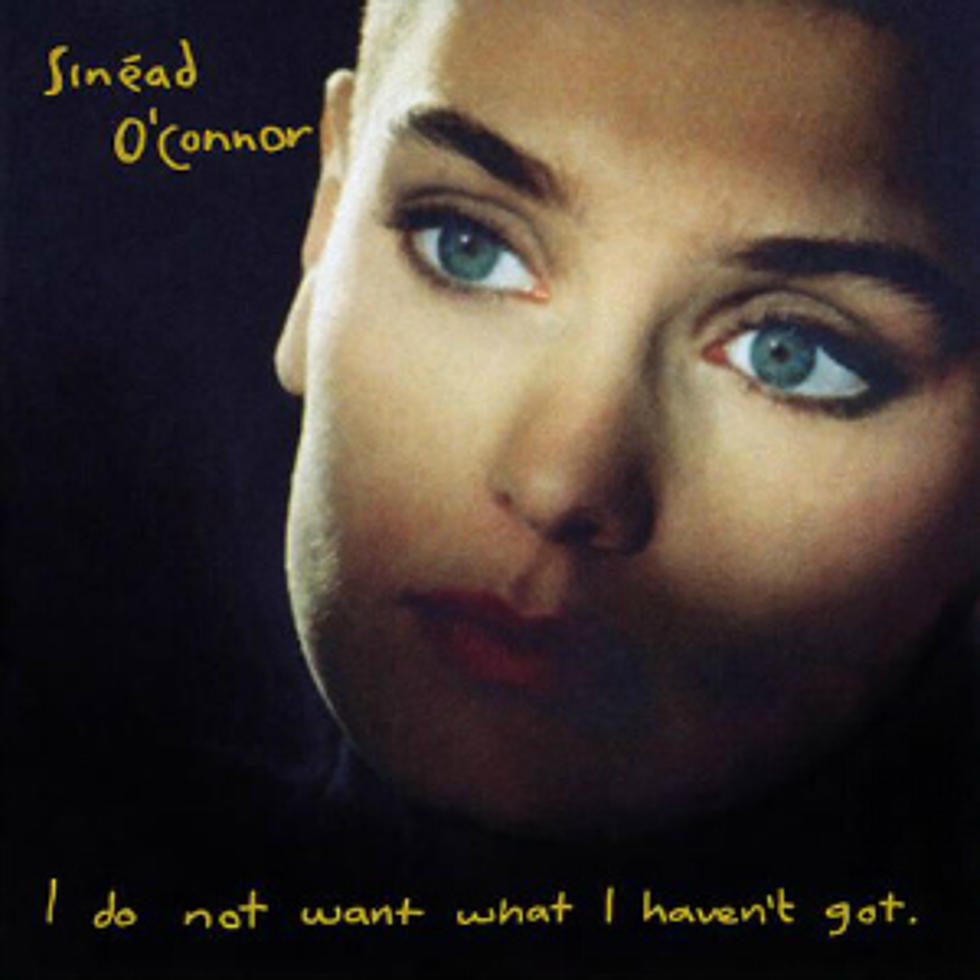
Outside above the harbor,
—Denis Johnson, “Traveling”
clouds were moving freely over the sun’s face,
and the shifting illumination in the place
made it seem we were traveling.
You have reached your article limit
Sign up for a digital subscription and continue reading all new issues, plus our entire archives, for just $1.50/month.
Already a subscriber? Sign in




